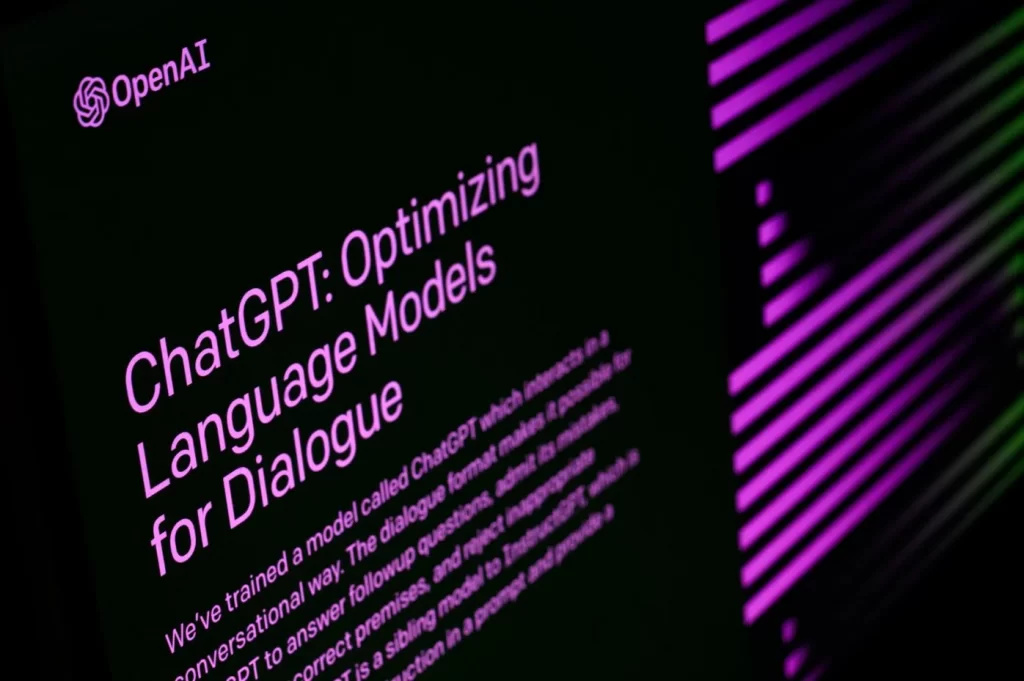Artificial intelligence (AI) systems like ChatGPT are rapidly advancing, and their impact on the job market is starting to come into focus. According to a recent report by Goldman Sachs, generative AI could put around 300 million full-time jobs at risk of automation worldwide, with white-collar workers, particularly those in legal and administrative roles, being the most vulnerable.

Generative AI is a type of AI that is capable of generating content in response to user input, and the recent launch of OpenAI’s ChatGPT has seen a surge of interest in the technology. Goldman Sachs’ analysis of data on occupational tasks in the US and Europe suggests that around two-thirds of current jobs are already exposed to some degree of AI automation, but generative AI could substitute up to a quarter of current work.
While the potential for labor cost savings and new job creation through the adoption of AI is significant, the impact of AI on the job market cannot be ignored. Legal services and administrative staff in the US were highlighted as particularly at risk from generative AI, but the impact will be felt globally.

Despite the potential job losses, AI could boost global labor productivity, and Goldman Sachs estimates that AI could eventually increase annual global GDP by 7%. The hype around AI has already led to new roles, including prompt engineers, a job that involves writing text to test AI chatbots instead of code.
The impact of AI on the job market is not a new concern, but the speed of technological advancement means that it is becoming more urgent. As AI systems become more sophisticated, companies and governments need to prepare for the impact on the workforce and take steps to mitigate any negative consequences.
Education and training will be essential to enable workers to adapt to the changing job market, while policies such as a universal basic income may need to be considered to support those who lose their jobs due to AI automation. As with any disruptive technology, the impact of AI on the job market will be complex, but it is essential that we start planning for it now.


